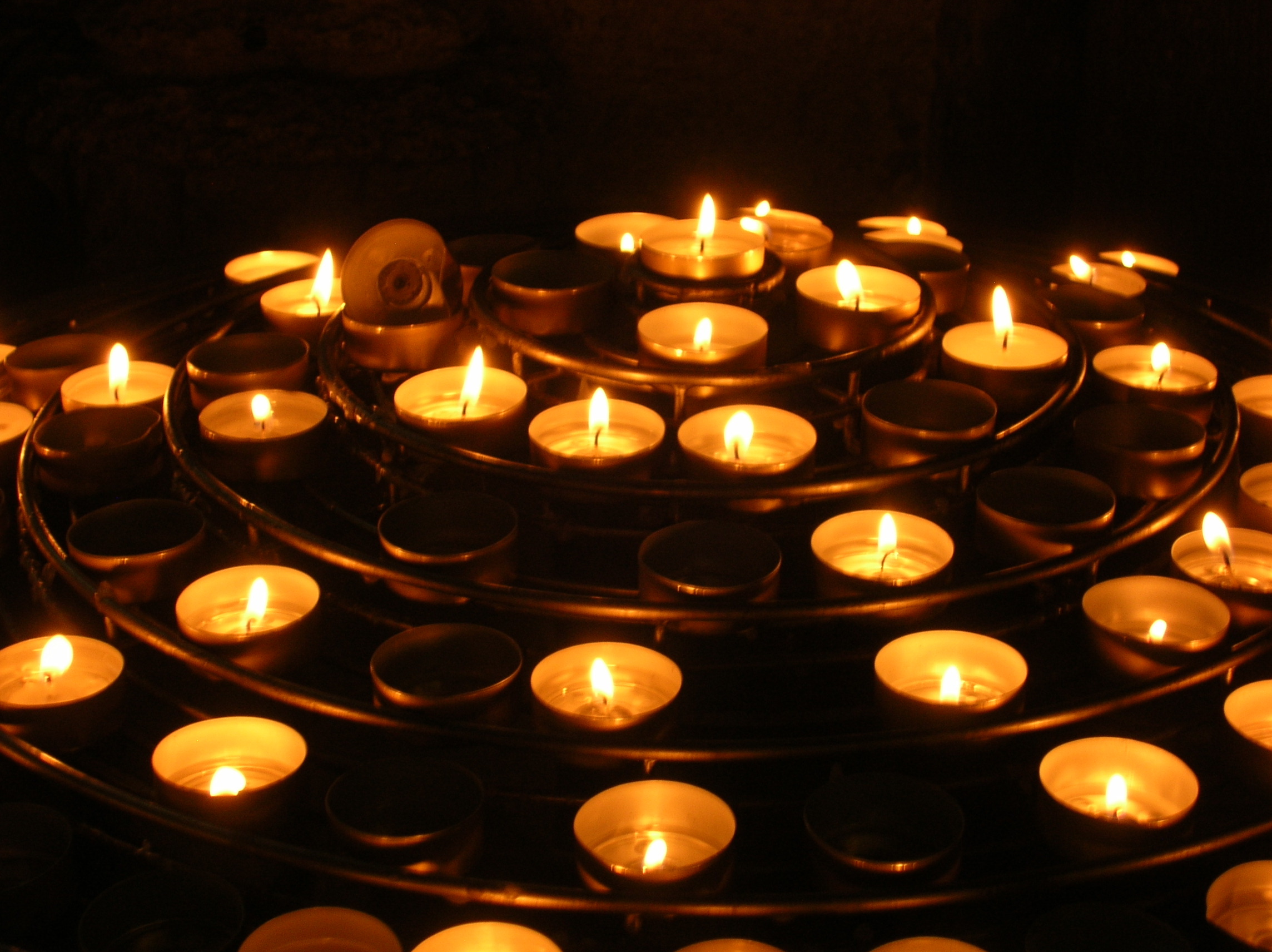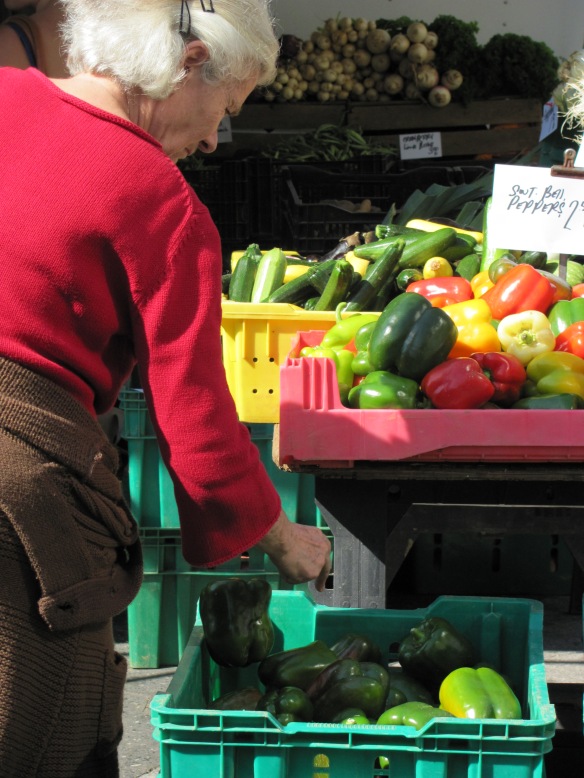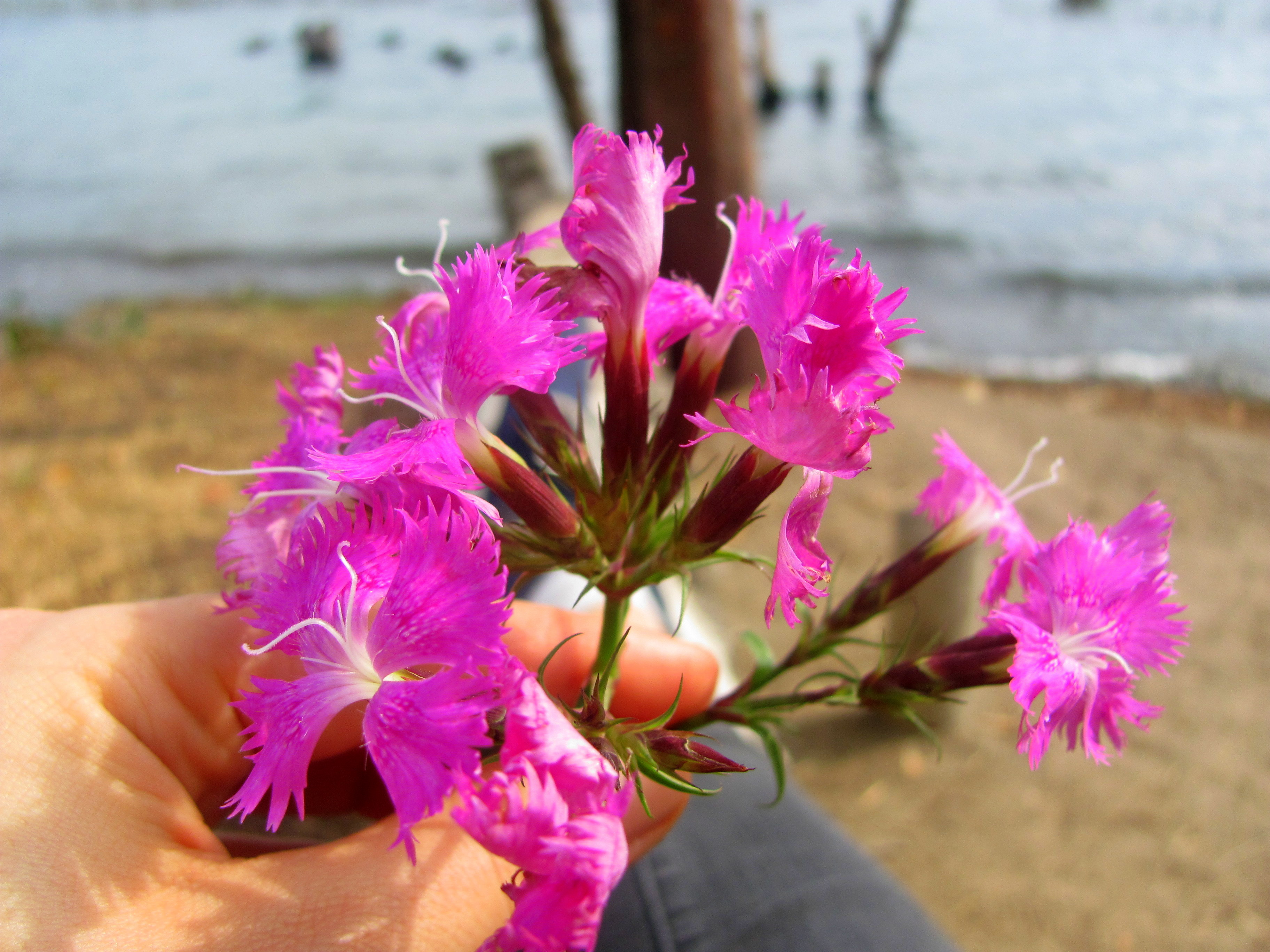
by Dr. Talia Marcheggiani, ND | Mar 20, 2014 | Canadian College of Naturopathic Medicine, Health, Medicine, Motivation, Naturopathic Principles

I remember sitting in the walk-in clinic. I’d been waiting for over an hour, not to mention the time lost denying my symptoms, waiting until they got bad enough to warrant the visit in the first place. Finally, it was my turn. I walk into the treatment room, where a thin, middle-aged doctor was seated, her hair short and grey, her eyes encased in dark, baggy skin. She didn’t smile. “How can I help you?” She asked, bored already. I began where I thought the story began, at the beginning. I got a few sentences out before she cut me off. I was surprised; couldn’t she see that all this information was relevant? I didn’t just have fatigue, it was a part of me. It was woven into the fabric of my life; it had a back-story. This doctor needed to know when it began, what my life was like at the time, what I’d tried to do to treat it myself, when it felt better, when it felt worse. I didn’t believe she could treat me without that information. Surely it all mattered.
(more…)
by Dr. Talia Marcheggiani, ND | Sep 8, 2013 | Canadian College of Naturopathic Medicine, Health, Nature Cure, Robert Schad Naturopathic Clinic, Women's health
A few years ago I was experiencing digestive issues. Not to get too graphic, but I was having bloating and that impending feeling that things weren’t 100% “alright” down there. I didn’t seek help from a holistic practitioner at first, however. The reason for this was simple, but kind of silly when I look back, wishing I knew then what I know now: I felt like my symptom, as uncomfortable as it was, wasn’t a real “symptom”. I thought that, if I sought help for something as small as “bloating” (which I’d been told was normal by every other medical professional – common, perhaps, but not normal), I’d be labelled a complainer, a hypochondriac.
Now, of course, I know that not only is the onset of a “little” symptom the perfect time to go to a naturopathic doctor – it’s the first indication that we’ve strayed from balance – any kind of suffering is a legitimate reason to seek medical care. Got bloating? See a naturopathic doctor. Here are some more things a naturopathic doctor (or RSNC intern) can do for you:
(more…)

by Dr. Talia Marcheggiani, ND | Jun 10, 2013 | Canadian College of Naturopathic Medicine, Education, Robert Schad Naturopathic Clinic, Stress, Student
Dear Students of Naturopathic Medicine in years 1, 2 and 3,

I understand that at this point, and especially if you are currently at any stage in 3rd year, you might be wondering: is this all worth it? And, please, feel free to exhale because, from where I’m standing right now, in my first month of clinic: 4th year is worth it. It seems like the years you’re in, the first 3, hectic, joyless and spirit-crushing years spent in class, practicals and writing more exams than you can number off, come together at last to prepare you for your real job, your future life’s work. And what great work it’s turned out to be.
(more…)

by Dr. Talia Marcheggiani, ND | May 6, 2013 | Canadian College of Naturopathic Medicine, Exams, NPLEX, Stress, Student
Congratulations on another completed academic year! Not to rain on everyone’s parade but, for many of you, there is a giant basic sciences board exam looming in the not-so distant future. So, there are websites out there on tips for studying for NPLEX 1, but they are annoyingly vague. I remember looking at said sites, and felt like grabbing whoever put the sites together, taking them by the shoulders and giving them a good shake yelling, “just tell me what to do!” I’m going to try to deliver that. But, I can’t offer any guarantees. Every year, NPLEX is different, with a different random focus. Some years it’s crazy hard, some years CCNM students do really well, other years the questions seem to be obsessed with biochemistry. I can only be candid about my own study strategy and what worked for me, attaching real-life experience to the wonders of a standardized board licensing exam.
I don’t know about anyone else, but naturopathic medical school exam schedules have brought out my inner crammer. It’s gotten to the point where I can’t study for anything unless I know that there is a final the next day. And even then… So, when faced with the prospect of 3 months to study for 2+ years of cumulative material, I had no idea where to start. I’d never done anything like that before and had no idea how I’d pull it off. Luckily I managed to. Here’s how.
1) Take the month of May off. Work, travel, take an NPLEX course if you think you have to (I didn’t), sit on a patio with a beer every day, or sit in front of your books, twiddling your thumbs wondering how you’re going to work up the courage to do this. Just don’t open those books. Not yet. May is yours. Let the last 2 years ebb and flow in your subconscious mind while you enjoy some nice weather and update the photos of your friends and family so that you have new ones to look at to remind yourself of what their faces look like while you’re in 3rd year and retreat to your secluded ashram of stress. But 3rd year’s not your problem now. It’s only May. And, May, it’s all yours.

2) June 1st, buy your book. That book would be First Aid for the USMLE Step 1. Your new bible, available at the U of T bookstore in the medical section. It costs $48 for the current year’s issue. Friends of mine bought back copies, from as far back as 2009, for around $10. It’s worth it to get a current copy, though, as they tend to correct mistakes or update information (though there’s not a whole lot that changes when it comes to basic pathology). Just so you know, US and Canadian medical school students take a similar exam called Step 1 after their second year. Turns out, NPLEX is so similar that you can just use the med school students’ (much) cheaper study guide, which is also better and has pictures and isn’t impossible to read or full of mistakes like some other NPLEX study books on the market that happen to cost 3x more and are full of awkwardly-worded, impossible-to-understand explanations. I’ll name no names. Just, please, buy First Aid. In fact, watch this video a classmate of mine posted last year if you’re not yet convinced.
[youtube=http://www.youtube.com/watch?v=xkUoU_96KuQ]

Oh, and FYI, you can skip the parts about pharmacology, which is awesome. That’s not ’til NPLEX 2. Oh, and another thing: because I did abysmally poorly in 2nd year microbiology I also bought Clinical Microbiology Made Ridiculously Simple used for $10. Since it seemed that NPLEX 1 was 90% micro, going through that easy-to-read book really paid off. So, you might need more than one book. As naturopathic doctors, we praise individuality.
3) The next 2 weeks serve as your psychological buffer. OK, now that we’re in June, take another 2 weeks off. So far you’ve taken the 4 weeks of May off, now you’re taking the first 2 weeks of June off, you’ve bought your book and you’re ready to go. Most people I’ve talked to advocate studying for NPLEX for a solid 2 months – June and July – however, once June rolled around I was stressing over the fact that I hadn’t started studying, but I still didn’t actually start studying. I believe that, for a test like NPLEX, you really need 2 weeks of a buffer time between your vacation and starting your study schedule. Now, the first 2 weeks of June aren’t really real time off, you’re still occasionally going to the library, freaking out, looking at cheat notes on the Gmail account and watching random Youtube videos about jaundice, you just haven’t started studying yet. And that’s fine. It will come. Fear and motivation are directly correlated.
4) Get grateful. It might seem like NPLEX is a giant pain in the gluteus maximus but, really, think of it as a gift (you might as well, because either way you’re writing it). It’s what separates us from the people who get fake degrees from a back-corner alley and do acupuncture in their basements somewhere. It makes us real professionals. It’s also a great opportunity to learn some of the stuff we’ve crammed through in the past 2 years. And learn it you will.
5) By June 15th, set up your study routine. For me, I knew there was no way I was going to get this thing written if I didn’t have a routine to adhere to. There’s nothing worse than having a vast summer day ahead of you and then realizing it’s 9 pm and you still haven’t taken the plastic wrapper off your new First Aid for the USMLE Step 1. So, my strategy was simple. I got a job. I worked full-time at an English language school teaching ESL from 8 am to around 2 pm near Yonge and Bloor in Toronto. It took me the first few weeks on the job to get used to lesson planning and creating stellar classes. By the time the middle of June rolled around, I had my teaching routine down and therefore my afternoons were free to dedicate to dear old NPLEX 1. Every day I packed my First Aid, gave classes until 2 pm, organized things for the next day’s class and then headed first to Starbucks to unwind with a coffee and a granola bar, and then to the Toronto Reference Library where I studied until around 6 pm. Then I’d go home, eat and keep the evening for myself. The job not only puffed up my bank account, it helped keep me regular. (Part of that might also be thanks to the daily Starbucks).
6) 4 hours a day is all it takes. Absolutely everyone you talk to about NPLEX will tell you, with doe-eyed honesty, “treat studying for NPLEX like a full-time job. Study 8 hours a day and take frequent study breaks. Then leave your evenings and weekends free.” As Nonna would say, “Bully-shit.” I don’t know anyone who spent 8 hours a day studying for NPLEX. 4 hours a day is the threshold amount of time that anyone can spend reviewing things. It’s probably a scientific fact. I spent a consistent 4 hours a day with my First Aid for Step 1 book. And, when it got closer to the actual test, I studied on weekends. It just happens that way.
7) Now, do your thing. When I study, I need to take notes to kinesthetically implant the knowledge in my brain. For some people, it’s flashcards. Others make flow charts and still others have photographic memories. But, those people probably aren’t reading this post, so, who gives a care. This is the part where your individuality can shine. Using The Book as a guideline, make your notes and do whatever you need to do to make sure the magic Book’s information somehow gets into your brain. Starbucks coffee usually helps with this. Make sure you have ample supply.

8) 1 to 2 weeks before the exam, start doing practice tests. At the Toronto Reference Library I found an amazing Kaplan USMLE Step 1 practice test book from a few years back. I checked it out of the library and worked my way through the book’s practice quizzes. There are other versions of these books, one even made by First Aid, available online as well (the Gmail account has a copy). The tests are incredibly hard, but nicely explain to you why you failed each question and why the right answer is righter than the one you dim-wittedly picked. It’s much appreciated. I consistently, up until we wrote NPLEX, scored about 40% on those tests. I did, however, do much better than 40% on NPLEX, so fear not. Aim for the moon, and fall among the passing.
9) Take the weekend before NPLEX off. Don’t study the weekend before NPLEX. I never used to believe this piece of advice before because, as I mentioned, I am used to racing through the course material the night before a final. This actually is impossible to do with NPLEX. There’s too much. I learned that, because this isn’t a cramming exam, but a long-term memory thing, it’s better to allow your brain some time to do its neuroplasticity dance. Eat fatty fish at every meal, try to abstain from excessive alcohol or gluten if you’re sensitive. Exercise. Try not to freak out.
10) Write NPLEX. Bring the things NABNE tells you to bring. There’s a list somewhere. Wear comfortable clothes. Bring layers, bring water. Bring some naturopathic performance-enhancers: examples of uppers are gingko extract, rodiola and the ginsengs, and downers are Neuropas, Rescue Remedy, GABA, nervines, etc. Create your cocktail, give it a test-drive before exam day and then, on your big day, put it into action. While waiting to write the test, try not to talk to too many people. Never discuss things you’ve studied, don’t talk about exam questions. And just go for it. Bring an Advil too. I had a terrible headache the day of, as I usually get when I reintroduce CCNM after a period of elimination.
11) After NPLEX, take time off. You’ll need to. Not to be a fear monger, but 3rd year is a living hell. The only good thing about 3rd year as a naturopathic medical student is that it’s over before you know it. In May you simply emerge from a brief intense stay in your cave of stress and wonder where all your loved ones have gone. They might have given up on you, but it’s important to remain optimistic. In 4th year, I’ve heard there will be more time to win back their affection again. That being said, right after NPLEX, before 3rd year starts, take some time off, spend it with friends, family, hobbies, travel and live your life. Because for the next 8 months, you won’t have one.
Happy Studying!
Related articles:
NPLEX 1:
Another Failed Attempt at Studying for NPLEX 1
7 Reasons Why Summer Studying Doesn’t Have to Suck
NPLEX 2:
10 Tips for a Vibrant NPLExperience!
Ode to NPLEX 2: An acrostic poem
Resources:
Pass NPLEX Site
by Dr. Talia Marcheggiani, ND | May 3, 2013 | Canadian College of Naturopathic Medicine, Exams, Robert Schad Naturopathic Clinic, Stress, Student
The CCNM class of 2014 started our naturopathic medical education in September of 2010 (or Jan 2011, for the Janbabies). Since then we have written and performed exactly 90 exams (including our board exam, NPLEX 1, in the summer after 2nd year). 90 seems like a nice, round number. Not quite 100, more than 50. Every bit crazy. These exams represent a combination of penciled-in scantron cards, bleached and ironed lab coats and freshly charged opthalmoscopes. We measure them in collaborative Gmail notes, last-minute cramming in the seminar rooms, Monday taco salads, ad hoc yoga flows, Starbucks coffee, late-night, delirious, Facebook chats, shared laughs over med school Tumblrs and collective venting in the hallways with pre-sharpened pencils still in hand.
90 Exams.
That’s how many times my classmates and I have put pencil to paper, or been tested on a practical skill, from clinical diagnostics, acupuncture and manipulation to emergency responses. In the past three years we’ve written so many exams that, if you were to number them off, it would take you a minute and a half just to count them. We are superstars, exam-taking rockstars, bosses. CCNM students are hardcore. And, on May 13th, 2013, we’ll be in clinic, benefiting patients with the accumulation of knowledge represented by 90 examinations tucked away in our pretty little brains. We’re more than ready.
I encourage all my non-CCNM readers living in or near Toronto, Canada to visit and book an appointment at the Robert Schad Naturopathic Clinic. Book an appointment to see one of my extraordinarily persistent, gifted, hardcore classmates as your primary intern. We’ve earned the ability to help you on your journey to health.
Because nobody writes 90 exams in less than 3 years, unless you’re awesome (or under the influence of some serious naturopathic remedies). And who wouldn´t want a piece of that awesomeness for themselves?
Congratulations, class of 2014! We DID IT!


















